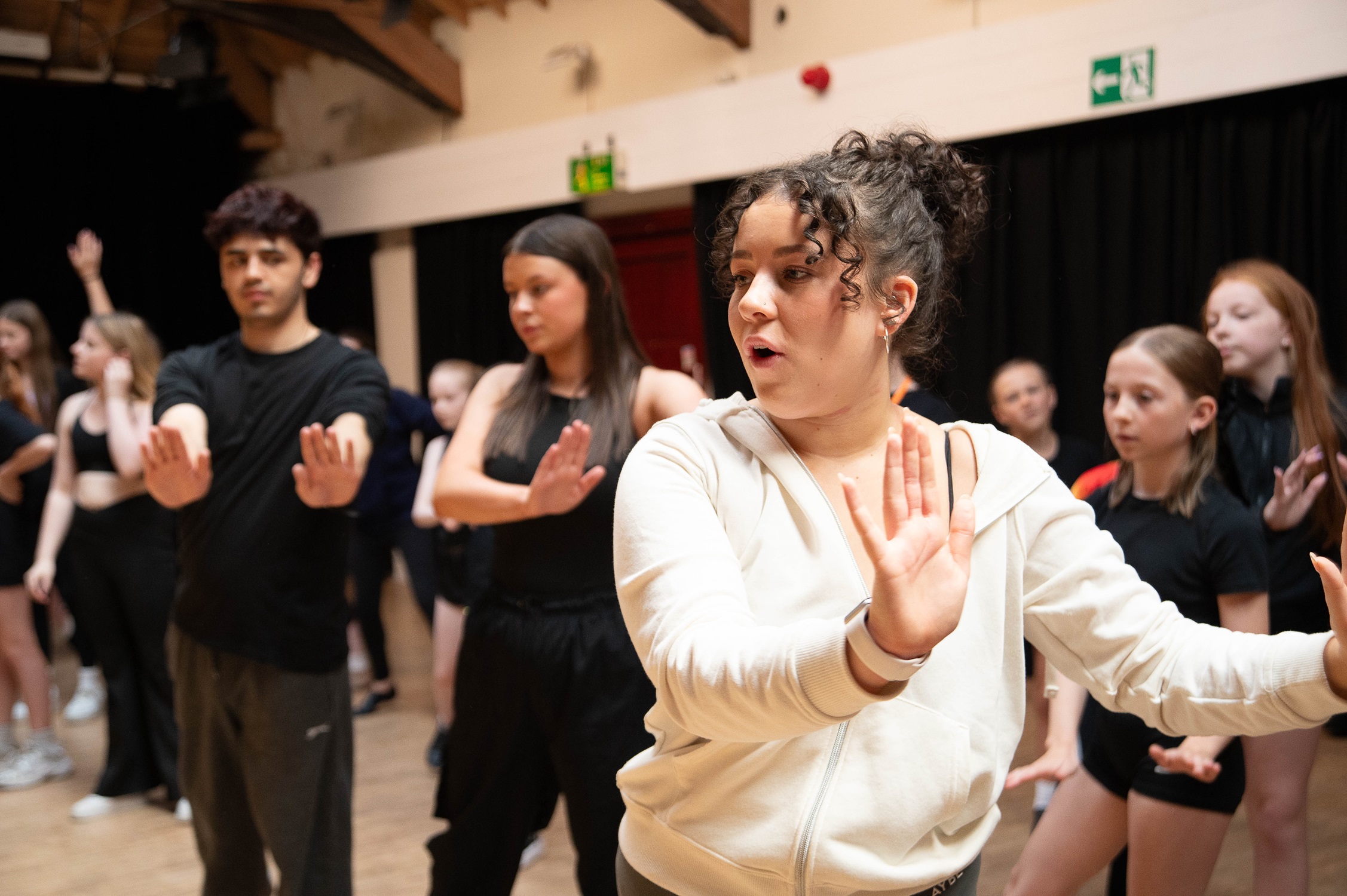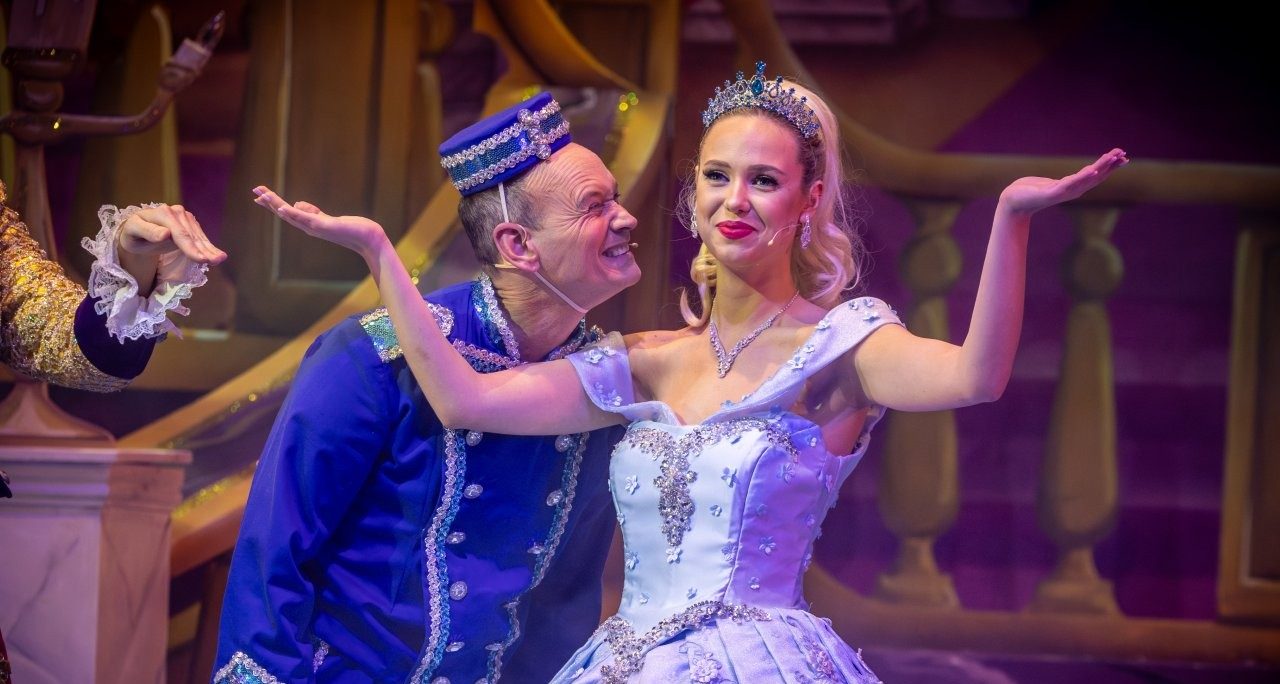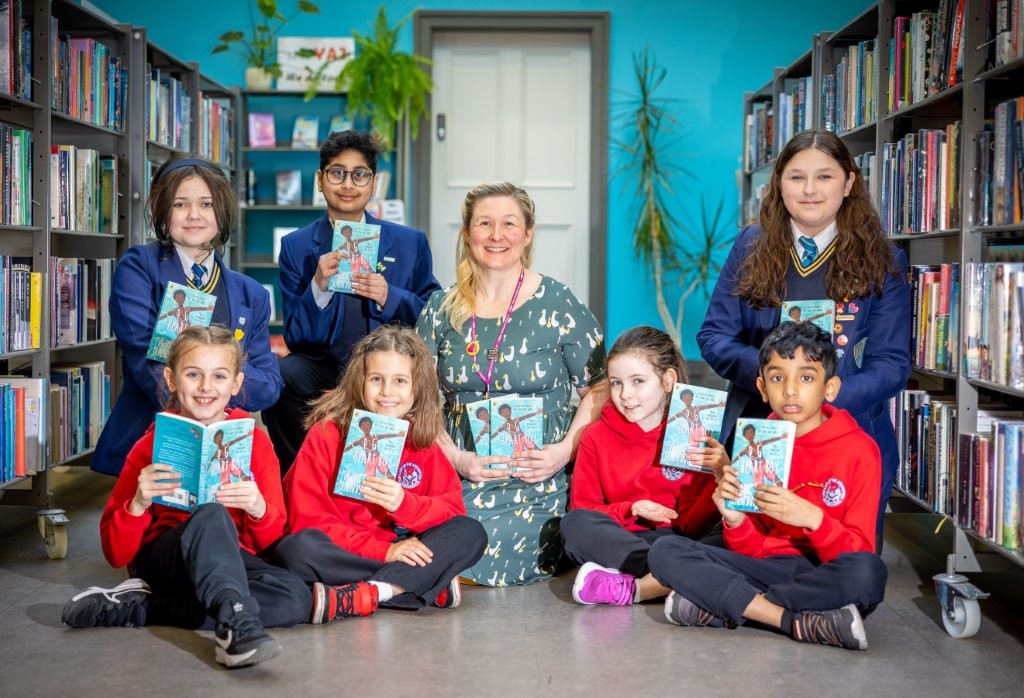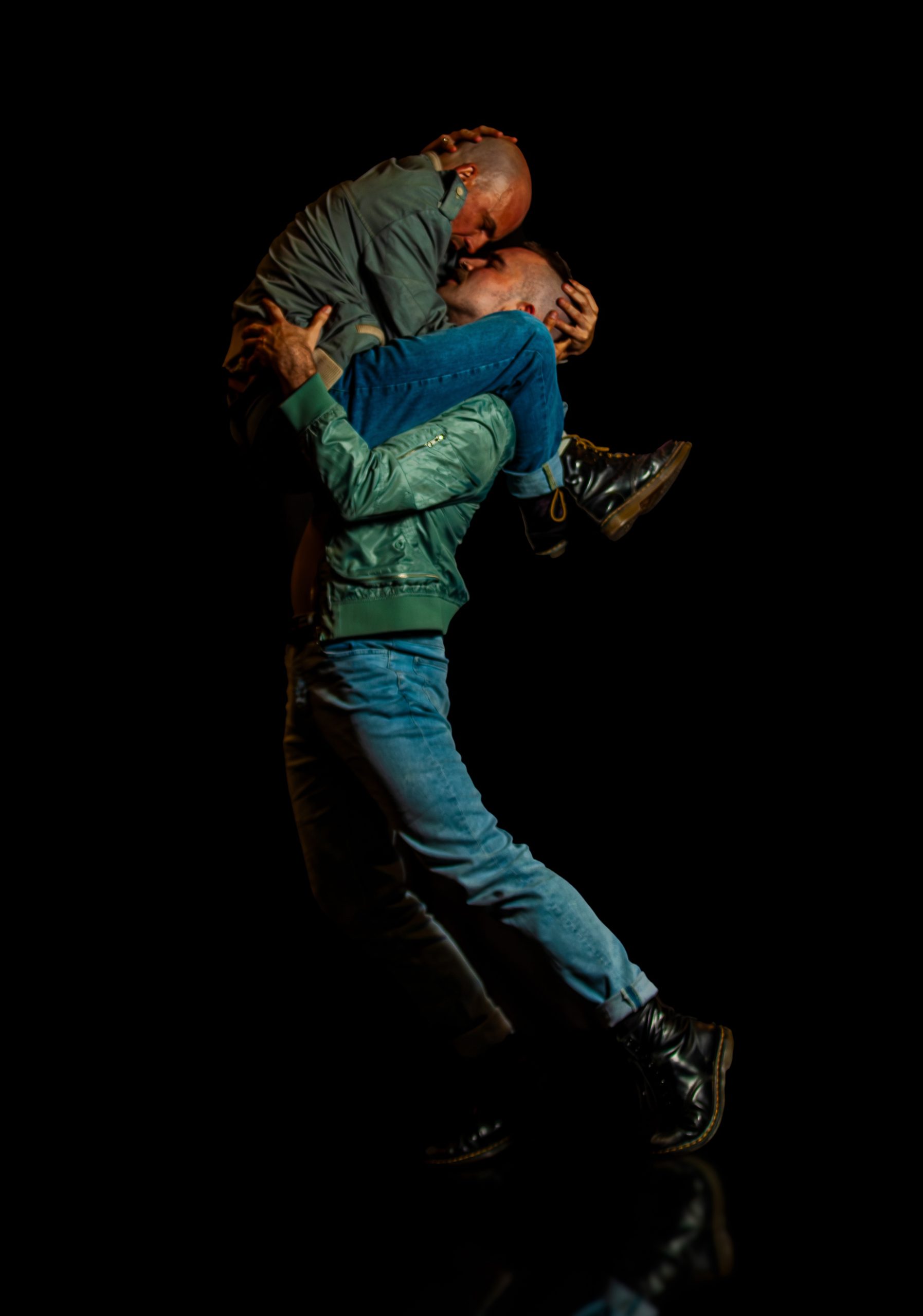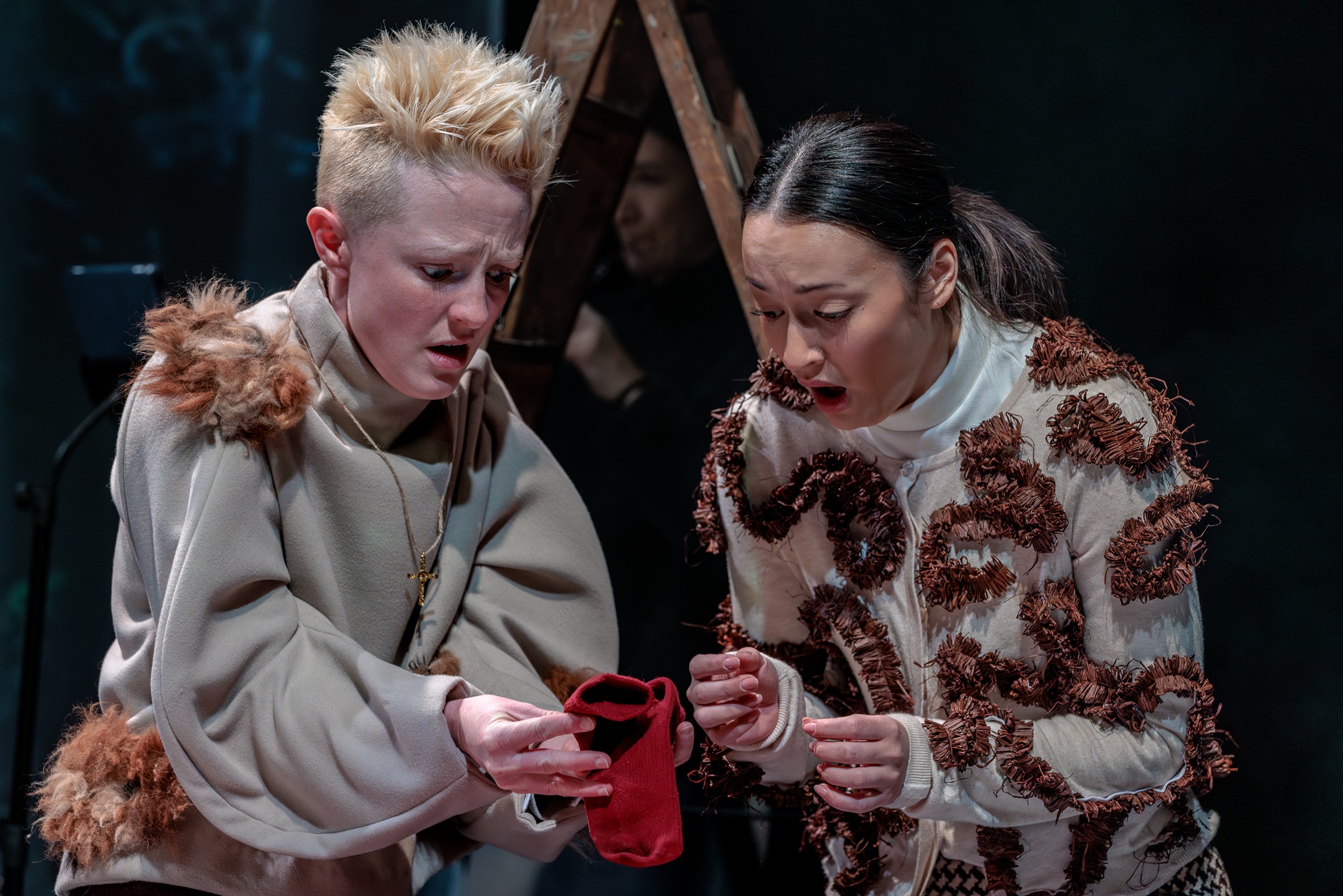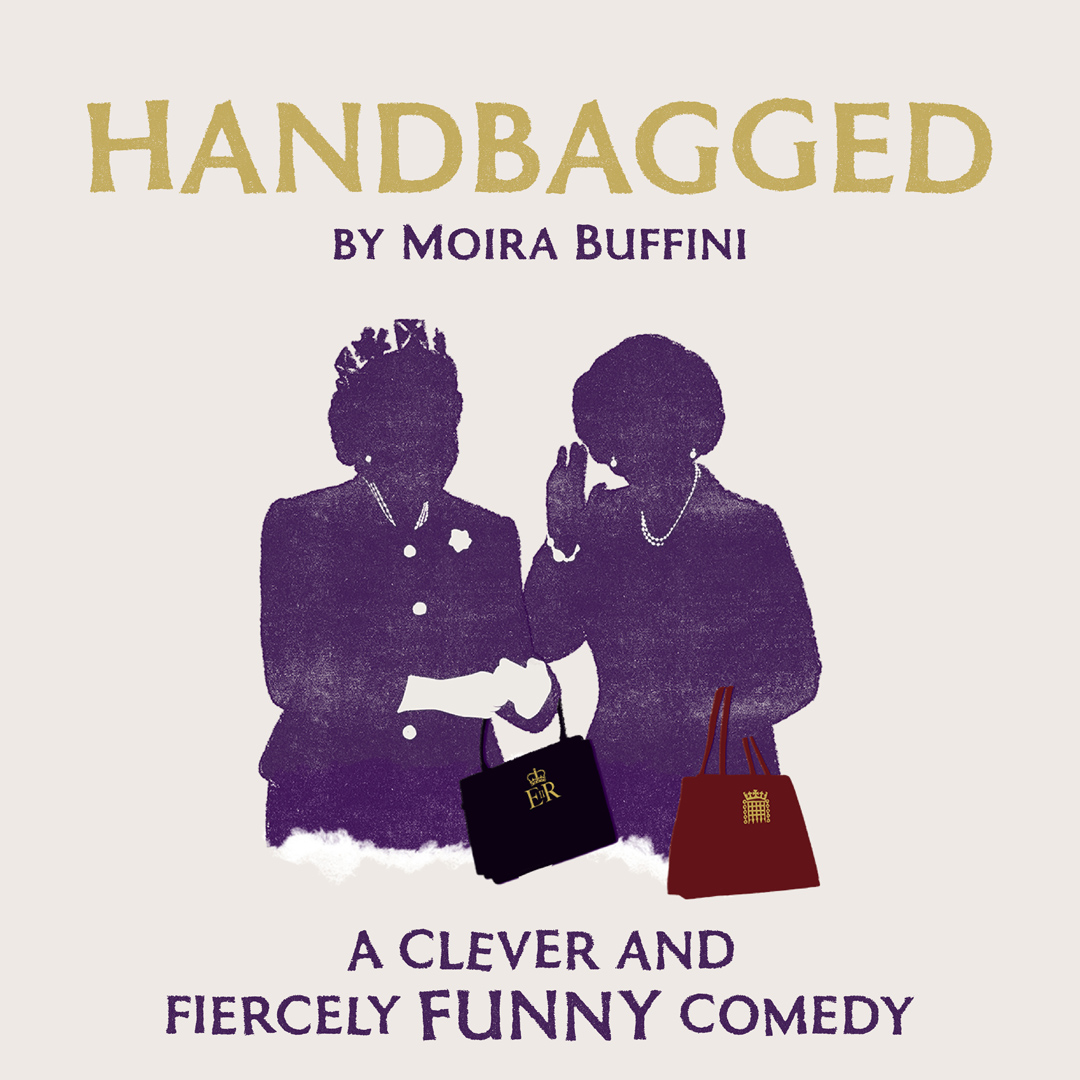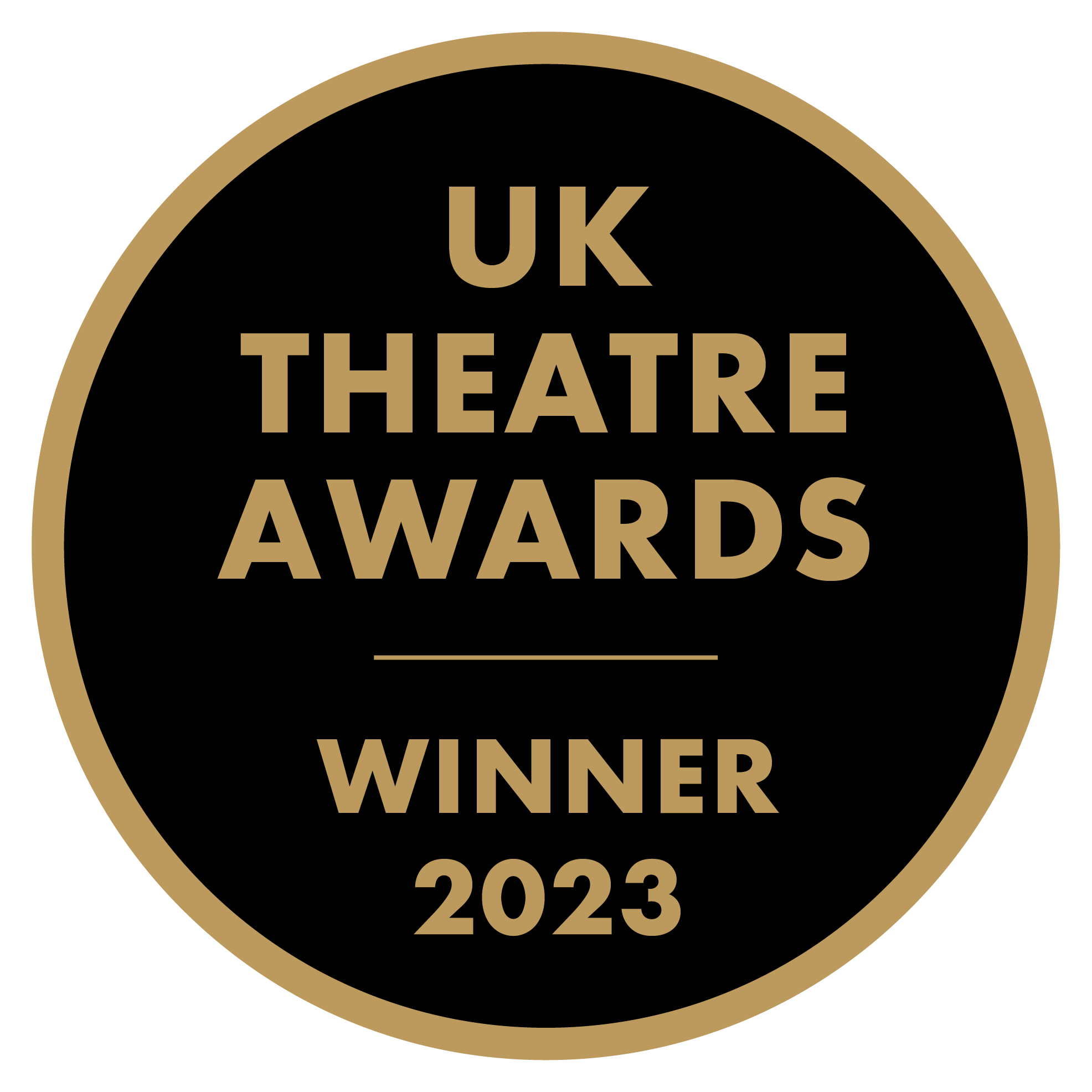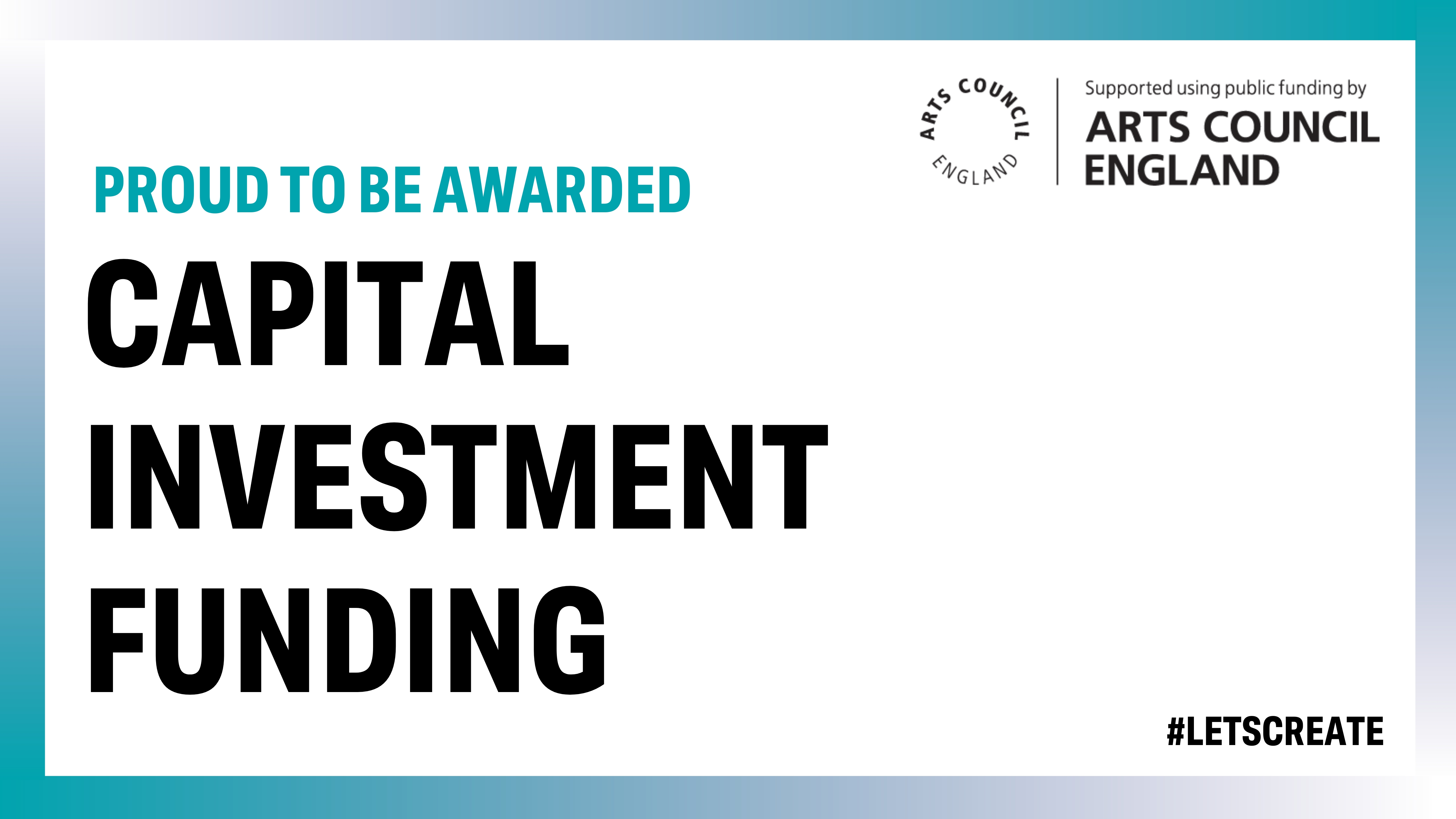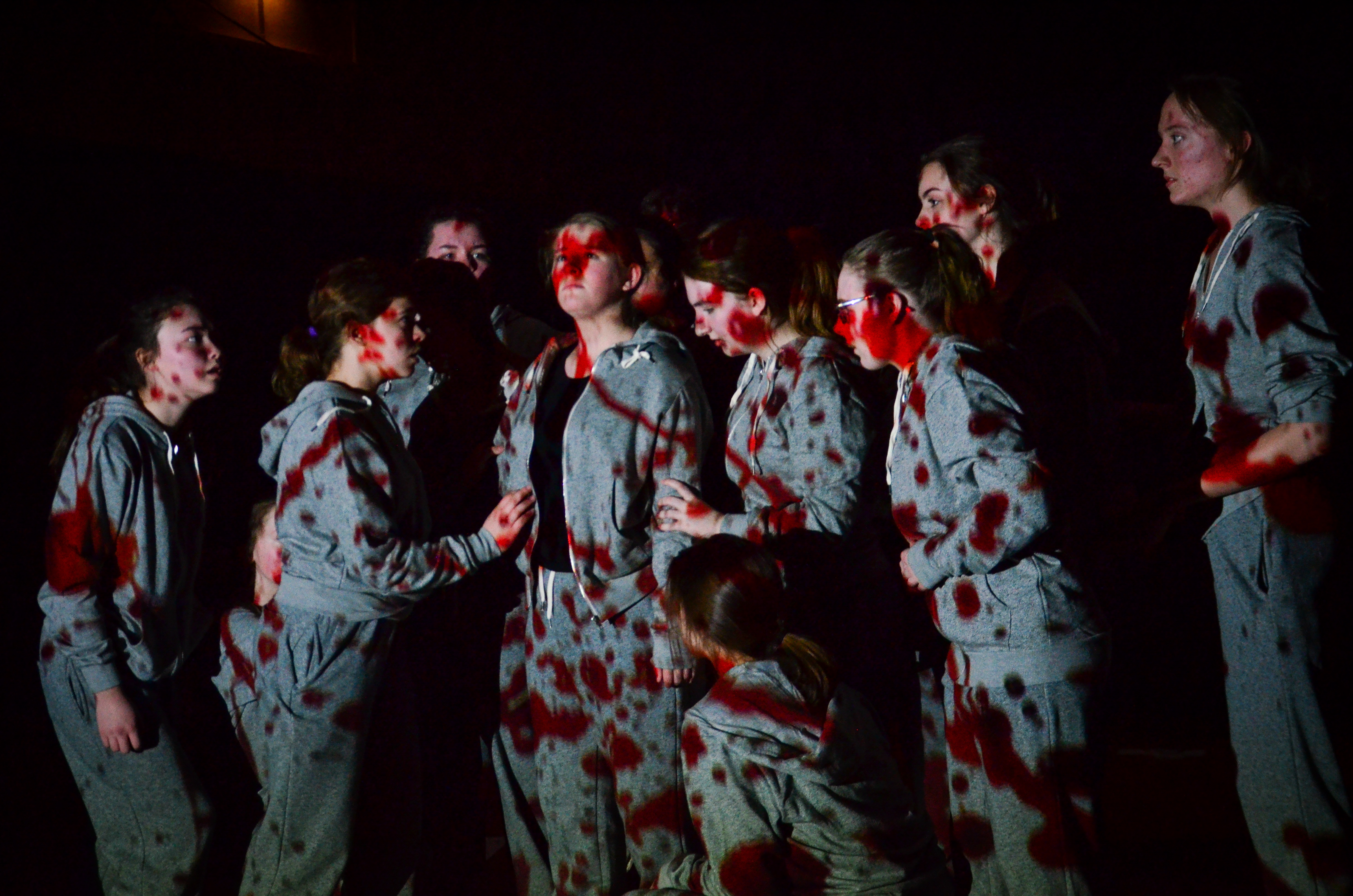
My National Theatre Connections Experience
min read
Share
Kayleigh Rose Allan reviews her time representing The Grand Theatre in the National Theatre Connections Festival 2017…
Yesterday marked the day of my final performance of ‘Zero For The Young Dudes’ with The Grand Young Company. I have worked with this company for several months on this new play and have representing The Grand Theatre, Blackpool, in The National Theatre Connections Programme.
National Theatre Connections
National Theatre Connections is a programme open to all companies nationwide and is designed specifically for young people (ages 13-19) to stage new plays commissioned by The National Theatre. Every year, a selection of acclaimed playwrights are briefed on writing a play for young people. A list of 10 plays are then released for a selection of companies to choose from and stage as their own production. A director from the National Theatre comes out to watch each group’s local performance and gives feedback to help improve the play before taking it to the National Theatre Connections Festival (which this year was held on the 30th and 31st March). From here, one performance of each play will be chosen to perform at the NT Connections Festival London.
Zero For The Young Dudes
Zero For The Young Dudes, written by Alistair McDowall, was the play chosen by our director for The Grand Young Company. The synopsis of the play goes as follows
“The inmates at a bizarre summer camp are plotting a revolution. Or has it already happened? Spending a day watching their schedule of exercise, lessons and meals, a long history of unrest and injustice lies hidden, and as the day wears on, a violent future looms large on the horizon.”
The play combines a mixture of tones, juxtaposing a selection of light hearted humour with a rather dark underlying and quite obvious message that the older generation are leaving nothing for the youth. As a company, we decided that we were going to base this around the idea of the current generation being ignored by the government and we used the riots from 2011 as a source of inspiration, Throughout the play, the campers are plotting a revolution in order to make a huge gesture which is the only way they feel they will be acknowledged. The results are quite literally deadly, as every camper during their centralised dorm inspection at 10:15, pull out a grenade. They don’t decide to blow up their enemies directly. Instead the play ends with the kids pulling the grenades and placing them into their own mouths.
My Role in the Play
My character in the play was simply labelled P. I found it amazing that I had so much freedom to create a character based purely on the text from the play. As the play was newly written, it was comforting knowing it had not yet been performed; I could work on my character with a fresh start knowing I wouldn’t be compared to other performances.
I had 4 pages of consecutive dialogue which entailed key information on the camp itself, however mainly focused on the war and how it affected my character. The text implied that my character (who I chose to create as a girl) had Post Traumatic Stress disorder which I took into consideration, as an actor, myself.
The role required me to be pretty emotionally vulnerable onstage. This was a challenge but I just about got there. By no means do I think my performance was perfect and I know I have a long way to go but I feel as though I’ve brought myself the tiniest bit closer to where I want to be and how I want to be rehearing and then performing on stage.
My character developed immensely from when I first did a read through and I just spewed about the words like some sort of machine gun (see what I did there). I soon made a choice that my character was suffering from this disorder and was using speech as a coping mechanism. By attempting to make friends and gain attention from the other camper facing punishment alongside her, she was distracting her mind from all of the horrors of war. I enjoyed playing with different tactics I could use to get the other campers attention in the scene and thought overall, this was a very fun yet challenging character to play.
Transferring Theatres
Our local performance was held at The Grand Theatre in the small studio place we had been rehearsing in. I enjoyed the performance here and it felt very comfortable, intimate and intense. After this performance, we then had the challenge of taking our performance from an approximately 70 seat theatre to around about a 450 seat theatre which was The Quays Theatre in The Lowry. This was an amazing experience to have because touring shows are constantly moving to different spaces!
There were two main differences and things we had to acknowledge when transferring theatre. These were; the size of the stage and the size of the auditorium. We had to adapt our staging so it still looked effective yet not too small for the new space and then also adapt our vocals to ensure we were projecting efficiently and could still be heard onstage.
Meeting The Writer
After finishing our final production at The Lowry, I was absolutely thrilled to find out that the writer of our chosen play came to watch our performance! It was an honor to be able to meet the person who had written what we had been working on for so long and knowing that this was one of the 2 performances Alistair McDowell actually had chance to come along and see! I learnt lots of valuable things from meeting Alistair and it was really interesting to dig deeper into his insight and opinions on the play, his inspiration and why he decides to write in general.
Alistair revealed that he writes things, he would like to see on stage, stating that if there was everything he wanted to see, he wouldn’t have become a writer which is something I found very fascinating.
One of the other things I found particularly interesting was when Alistair said he doesn’t start writing with a strong message he wants to convey, in his head. Lots of writers feel they need to write a play that ‘means something’ or is going to change the world’ but he admitted he is the opposite and feels that the messages in a play should be left to interpretation. If the audience feels strongly about something related to the text, their feeling will generate their own messages naturally. Similarly, he stated that if a writer feels strongly about a subject, their passion will be pulled out naturally and therefore will be visible through their text.
My Opinion
Initially, I found the play quite difficult to follow and I think the reasoning behind this was due to the lines in the play being distributed between letters, as opposed to characters. I later discovered that this was decided upon simply to give more freedom for the actors performing the play (as lots of companies had a different number of performers with a different boy to girl ratio). Once the lines were distributed, the plot of the story was a lot easier to understand. Each time I reread the play, I would spot a new bit of information I hadn’t noticed before, which would subtly link back to different moments in the play or reveal new information. Overall, I felt the play was very well written, following an engaging storyline with some interesting characters and written in a captivating language.
Finally, it was fascinating to be able to hear the writer’s voice and notice the link between his own voice and his writing. Admittedly, he agreed that the dialogue in his writing is very ‘stop starty’ with lots of quick changes of thought mimicking his everyday use of language.
Overall, I really enjoyed the experience of getting to perform a new piece of creative writing and I just hope we did the writing justice and made Alistair McDowell proud.
Watch the trailer here…





